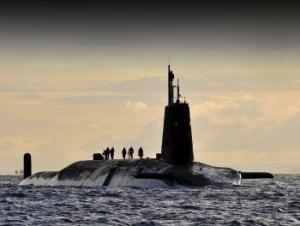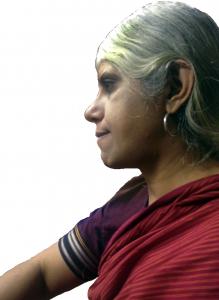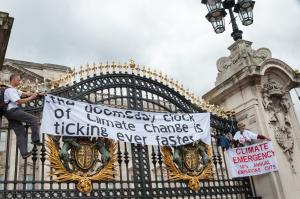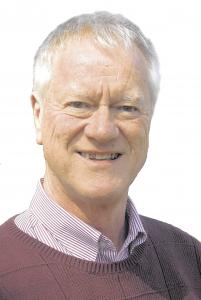On 27 October 1962, a Russian naval officer named Vasili Arkhipov saved the world.
Twelve US navy ships (part of the US blockade of Cuba during the Cuban missile crisis) were dropping practice depth charges on B-59, a submerged Soviet submarine, trying to signal that the sub should surface. The captain of B-59, Valentin Grigorievitch Savitsky, panicked, believing that the Third World War had started. He gave orders to fire a nuclear torpedo, saying, according to one account: 'We're…












